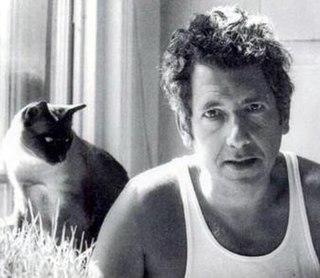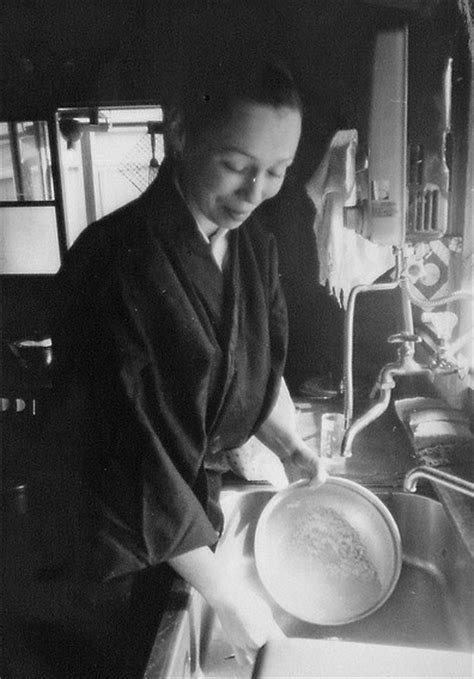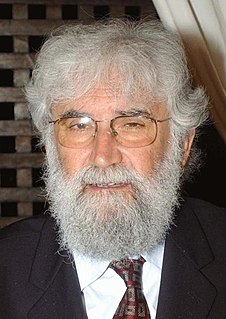A Quote by Paulo Freire
How can the oppressed, as divided, unauthentic beings, participate in developing the pedagogy of their liberation?
Quote Topics
Related Quotes
How can the oppressed, as divided, unauthentic beings, participate in developing the pedagogy of their liberation? Only as they discover themselves to be 'hosts' of the oppressor can they contribute to the midwifery of their liberating pedagogy. As long as they live in the duality in which to be is to be like and to be like is to be like the oppressor, this contribution is impossible. The pedagogy of the oppressed is an instrument for their critical discovery that both they and their oppressors are manifestations of dehumanization.
Animal liberation is also human liberation. Animal liberationists care about the quality of life for all. We recognize our kinship with all feeling beings. We identify with the powerless and the vulnerable, the victims, all those dominated, oppressed and exploited. And it is the non-human animals whose suffering is the most intense, widespread, expanding, systematic and socially sanctioned of all.
With the rise of new technologies, media, and other cultural apparatuses as powerful forms of public pedagogy, students need to understand and address how these pedagogical cultural apparatuses work to diffuse learning from any vestige of critical thought. This is a form of public pedagogy that needs to be addressed both for how it deforms and for how it can create important new spaces for emancipatory forms of pedagogy.
Even revolution, which transforms a concrete situation of oppression by establishing the process of liberation, must confront this phenomenon. Many of the oppressed who directly or indirectly participate in revolution intend - conditioned by the myths of the old order - to make it their private revolution. The shadow of their former oppressor is still cast over them.
Once renunciation and the awakened mind have been fully realized, the way to Buddhahood is clear. Liberation is complete and such liberated beings are then Bodhisattvas and Buddhas: "enlightened ones," or "empty dwellers." Their usefulness to others both before and after their physical death, is impossible to conceive. They are nothing but useful energy leading to liberation for all beings still caught in conditioned existence.
Transformation is only valid if it is carried out with the people, not for them. Liberation is like a childbirth, and a painful one. The person who emerges is a new person: no longer either oppressor or oppressed, but a person in the process of achieving freedom. It is only the oppressed who, by freeing themselves, can free their oppressors.
Libertarian action must recognize this dependence as a weak point and must attempt through reflection and action to transform it into independence. However, not even the best-intentioned leadership can bestow independence as a gift. The liberation of the oppressed is a liberation of women and men, not things. Accordingly, while no one liberates himself by his own efforts alone, neither is he liberated by others. Liberation, a human phenomenon, cannot be achieved by semihumans. Any attempt to treat people as semihumans only dehumanizes them.


























